Currently, stepping into the Tea mountains of Mubo Village, Pingzhai Township, Qiubei County, rows of tea trees are set in the mountains. The emerald leaves appear even brighter with the morning dew's nourishment. Workers skillfully pick the tender Green Tea buds; their palms, like agile butterflies, flutter up and down among the tea trees, and the fresh green leaves fall into bamboo baskets at their waists.
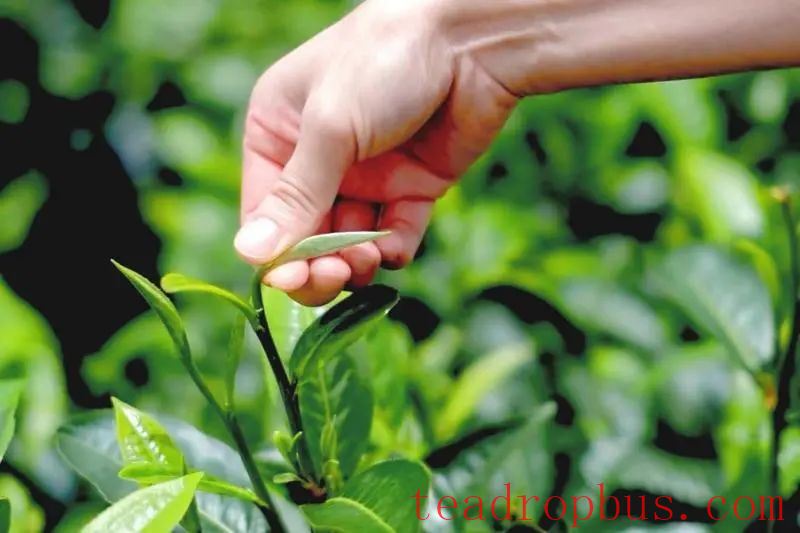
“How fragrant! Really, how fragrant!” Every first-time consumer of this tea from Pingzhai can't help but exclaim. This is not just praise for a good cup of tea but also an initial experience of the story of how Pingzhai's tea industry has driven local farmers to increase their income and achieve prosperity.
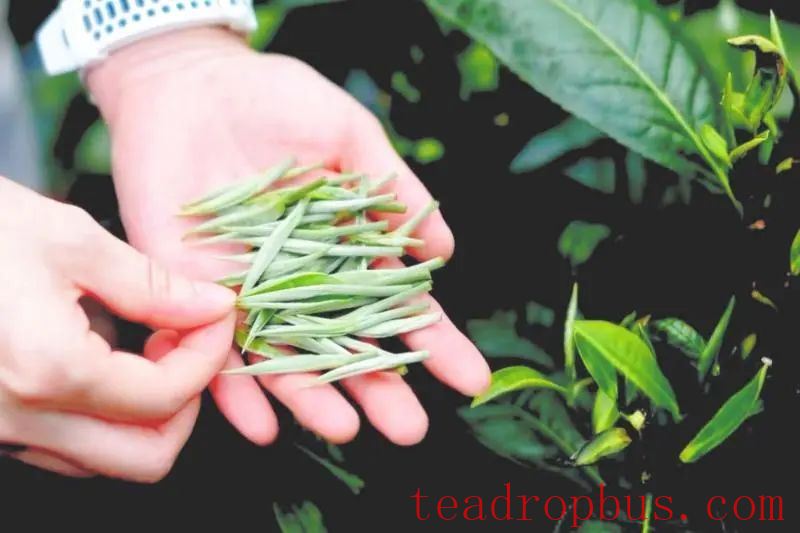
The tea selected from the tea garden in Mubo Village, Pingzhai Township, is Snow Bud White Tip, which is characterized by its high amino acid content. The brewed tea soup is clear and bright, with an inviting aroma, and its sweet taste instantly awakens the palate of tea lovers. Whether in terms of quality or taste, it meets the needs of modern consumers.
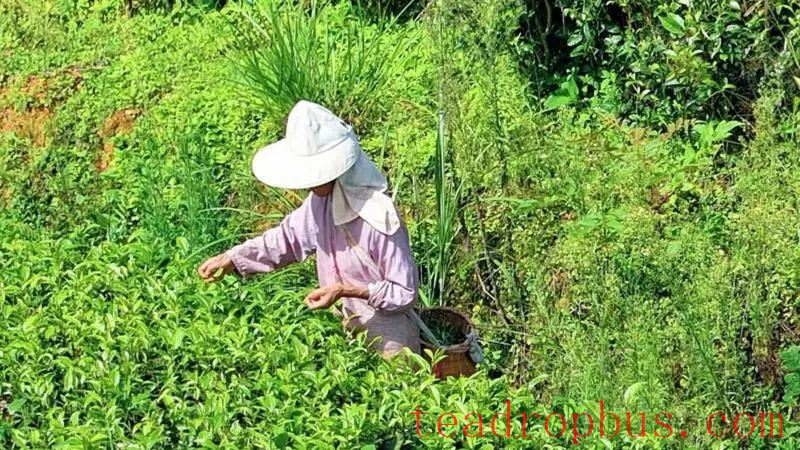
“The tea picking, processing, and sales all require a large amount of labor. During the three tea-picking seasons each year, we need to hire a large number of workers every day, paying around 150 yuan per day, which radiates out to provide employment for over 200 households in surrounding villages. Indeed, the tea industry has realized the dream of enabling farmers to increase their income and achieve prosperity right at their doorstep,” says Wang Jiaxiang, the person in charge of the tea garden in Mubo Village, Pingzhai Township.
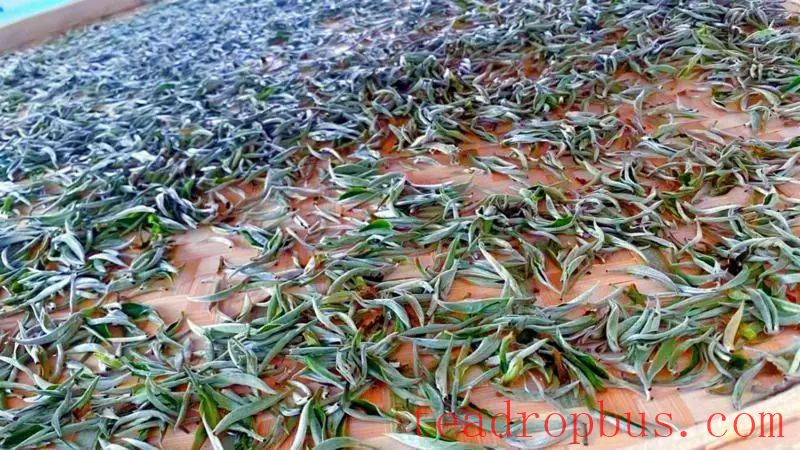
Currently, the tea garden has planted 500 mu (around 33.3 hectares) of Snow Bud White Tip tea trees, with an output value of about 18,000 yuan per mu. It is sold far and wide in cities such as Fujian and Guangzhou, receiving particularly enthusiastic market response. Premium Snow Bud White Tip can sell for a high price of 1,600-2,400 yuan per kilogram. “Next year, we plan to further expand our planting scale, introduce more advanced planting techniques to improve the yield and quality of the tea. At the same time, we will work on building our own tea brand and, through the power of branding, promote Pingzhai's tea to a broader market,” says Wang Jiaxiang, the person in charge of the tea garden in Mubo Village, Pingzhai Township.
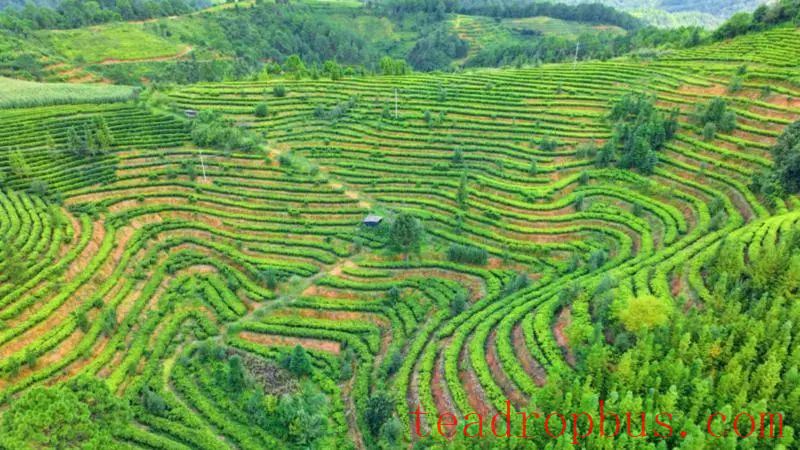
It is reported that in addition to expanding planting scales and building brands, the tea garden in Mubo Village, Pingzhai Township, plans to introduce the concept of tea tourism, combining Tea culture with tourism. This will allow visitors not only to taste high-quality tea but also to personally experience the fun of picking and processing tea, feeling the charm of tea culture. In the future, Pingzhai Township will strive to create a tea culture tourist destination integrating sightseeing, leisure, and experience, truly turning green waters and lush mountains into gold and Silver mountains.
Contributor: Yao Yuanyuan (Pingzhai Township)